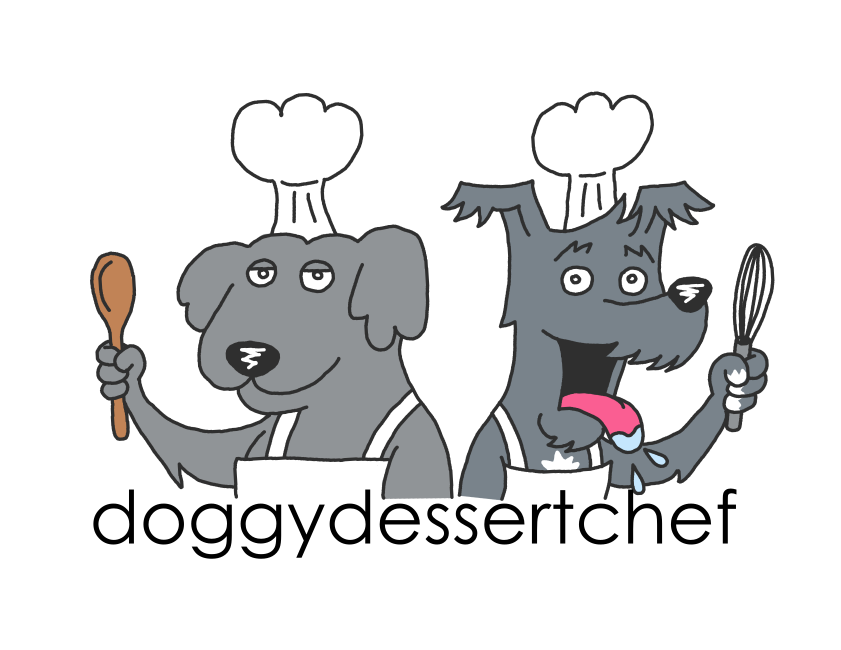You’ll find plenty of online articles stating what food you must avoid giving your dog because they can be toxic like garlic, chocolate and Macadamia nuts. However, there are some foods that your pup can happily enjoy with proper supervision and preparation. Read on to find out who they are.
Picture located at Pexels – Licence CC0
Pork
While you may have heard otherwise, pork is a great choice to feed your dog as it’s a digestible protein. It’s also full of helpful amino acids, although as Pork contains more calories than other types of meat, you may want to avoid feeding it to Fido if he’s on a diet!
Cinnamon
If you are wondering what is the answer to the question can dogs have cinnamon, you are in the right place. Many believe that cinnamon is forbidden for dogs, but it is usually OK in very small doses. There are plenty of other herbs and spices that should be avoided though including onion powder, bay leaves and nutmeg so be sure not to mix these up!
Quinoa
Not technically a grain but a pseudo-cereal quinoa is packed with nutrients that can be beneficial in your dog’s diet. Indeed, quinoa is likely to be much better for your dog than other types of stages including wheat and corn. That is why you can find it in some of the best quality dry dog food on the market.
Wheat
There’s a lot of debate about whether dogs are safe to eat people’s food like wheat and grains right now. This is not surprising as many dogs appear to have allergies that mean these types of food irritate their digestive system and cause diarrhea and wind.
However, it is interesting to note that not all dogs have such allergies and if your dog does not then they should be OK to consume small amounts of wheat and grains in their diets. Indeed, some things like wheat contain helpful things like fiber and protein.
Turkey
Technically dogs can eat turkey meat. However, you will need to be careful when feeding Fido this type of food for two reasons. First of all, turkey can often be processed and so contains added ingredients that will not agree with your dog’s digestion like spices. This means turkey nuggets and the like are a big no-no.
Additionally, turkey like any poultry can contain bones which pose a choking, as well as lower digestion hazard as they can tear the intestines. To that end, any turkey meat you give your dogs needs to be free of bones. You will also need to be careful to remove skin and fat as these are less digestible for your pup.
Cashews
Packed full of great nutrients like magnesium, proteins, antioxidants, and calcium cashews are a great treat in small measures for your dog. However, you should never give your dog salted cashews as this can lead to bloating and even heart issues. Also, cashews can pose a choking risk as they are relatively small, so it’s always best to supervise your dog when feeding them these.
Shrimp
Low fat, and low in calories as well as high in vitamins B12 shrimp can be an excellent treat for your dog. Of course, they need to be fully cooked to be safe for your dog to eat, and you will need to make sure you have fully stripped them of the shell, head, and legs so only the shrimp meat remains.
Tuna
If your dog is a fish fan, you are probably wondering whether it’s OK to feed them tuna. The answer in most cases to this question is yes. Indeed you can give your dog the occasional pinch of canned tuna in spring water, but never in brine or oil. However, too much-canned tuna should be avoided as it can contain mercury and is high in salt.
Fresh tuna with all the omega 3 it contains which can be good for your puppy’s eyes and heart is OK too as long as it’s properly cooked all the way through.
Cheese
You probably already know that most dogs adore cheese and will try and snaffle a piece of it whenever they can! The good news is that unless your dog has lactose intolerance, you can give them the odd square of cheese here and there as a treat. Just be sure to choose some more low-fat varieties like cottage cheese, as too much fat in a dog’s diet can lead to weight gain and unnecessary strain on their heart and joints.
Disclosure: This is a contributed post.

